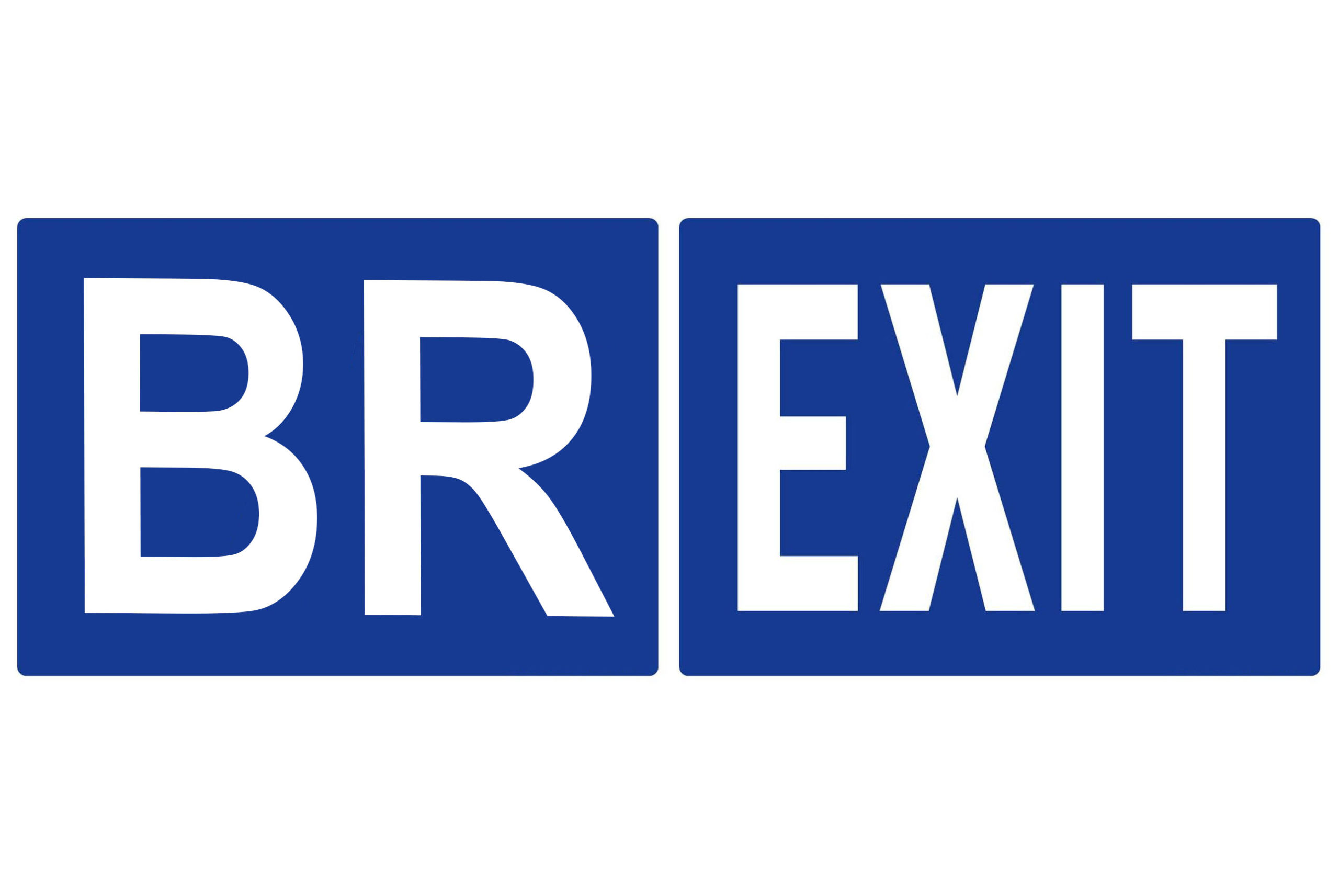
With the exit of Britain from the European Union, will the English language still be as important? Will Brexit stand in the way of English across the world?
English certification
With a boom in language certifications, 7 million worldwide last year alone, and, after the announcement of Brexit, it seems that speaking English is still considered a necessity for many institutions. An English language certificate is still a primary requirement for working or studying in the UK, across northern Europe and beyond.
Euro English, EU terminology and slang
When we say English, we are no longer talking about British English or even about American English. We are talking about a new form of global English. An English that “transverses” fields and sectors, expanding specialized vocabulary, tailoring grammar and multiplying lexicon on its path. Take Euro English, the English commonly used in EU institutions. A language of its own that has adopted vocabulary and acronyms not always shared by native speakers. SMS, which stands for Short Messaging Service, is preferred for those quick messages that the British would refer to as a “Text Message” or simply a “Text”. Other terms have been adapted, adopted or misused like “planification” in place of “planning” or “sickness insurance” instead of “health insurance” (unless that is you are looking for an insurance that ensures you stay in poor health). Misused English buzz words like follow up for monitor, perspective for outlook, and badge for timecard have invaded and are interspersed into everyday foreign language speech. There are so many instances that The European Court of Auditors has put together a list of Misused English words and expressions in EU publications.

The English of influencers, innovation, marketing and creativity
It isn’t only the flexible terminology that has made English so widespread. Take those sectors, especially in business, in which English has built a common and essential bridge for sharing knowledge and for growth; from politics to socio-economics, from academics to diplomacy. English dominates the stock exchange, and finance sector and pervades technology and innovation. It is the language in which marketing and economics are learned and applied, the language that influencers speak, the jargon in which we “chat” on the net and on social media and in which the iconic genres of music are born and thrive, rock, pop, indie, country… It is the language in which timeless songs like “Knocking on Heaven’s Door” echo from America to China, and from Romania to the Philippines.
The English momentum and the impact of Brexit
English has become for many their second language, it is unthinkable that it will lose its primary position, its predominance not only in Europe but across the globe.
Adults have spent years investing in and learning English to advance their careers, many European Universities have implemented English bachelor and graduate programs and school curriculums have made it a requirement from an early age across most European countries. A momentum that will be hard to stop.

The Lingua Franca
Since 2012, English has been the “lingua franca” of the EU institutions in Brussels, the language politicians use to discuss the global issues of energy, security and trade and with which they communicate between EU countries and that with which the EU interacts with the whole world. Yet, despite its undisputed pole position, the spread and consolidation, in the month before Brexit the question Will Brexit spell the end of English as an official EU language? Is again asked.
Less Britons more English
It is a legitimate question when you consider that the UK’s exit has led to a dramatic decrease in the number of Britons abroad in the EU from 13% to just 1%. Here though the numbers do the talking. A Eurobarometer report on Europeans and their Languages estimated in 2012 that the amount of people who could speak English across Europe has only increased over the years. More than 50% of Eurpoean citizens speak English as opposed to 36% German, 29% French, 18% Italian and 17% Spanish, numbers confirmed by the 2020 Edition of the English Proficiency Index.
Brexit or no Brexit, English confirms its position as the most spoken language across Europe and for growing international communications. Long live Global English, today’s Lingua Franca: British born, internationally bred.


